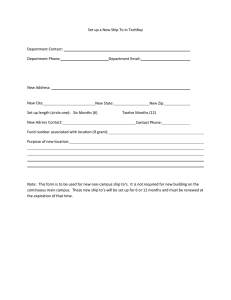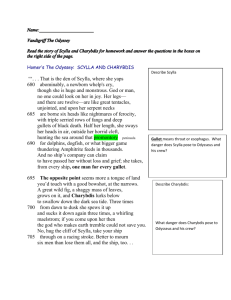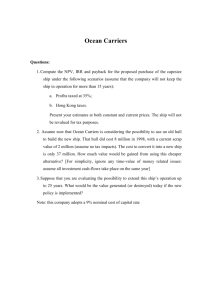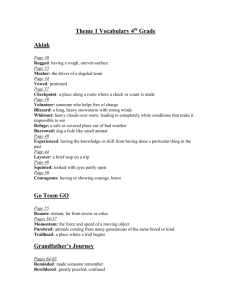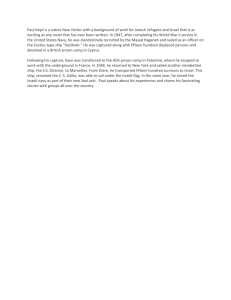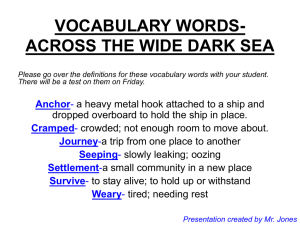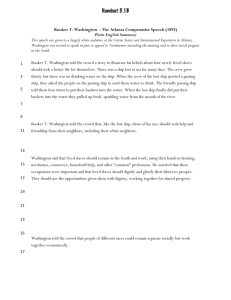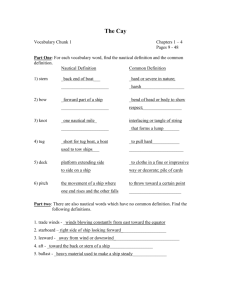Circe's Warning: Sirens, Scylla, and Charybdis
advertisement
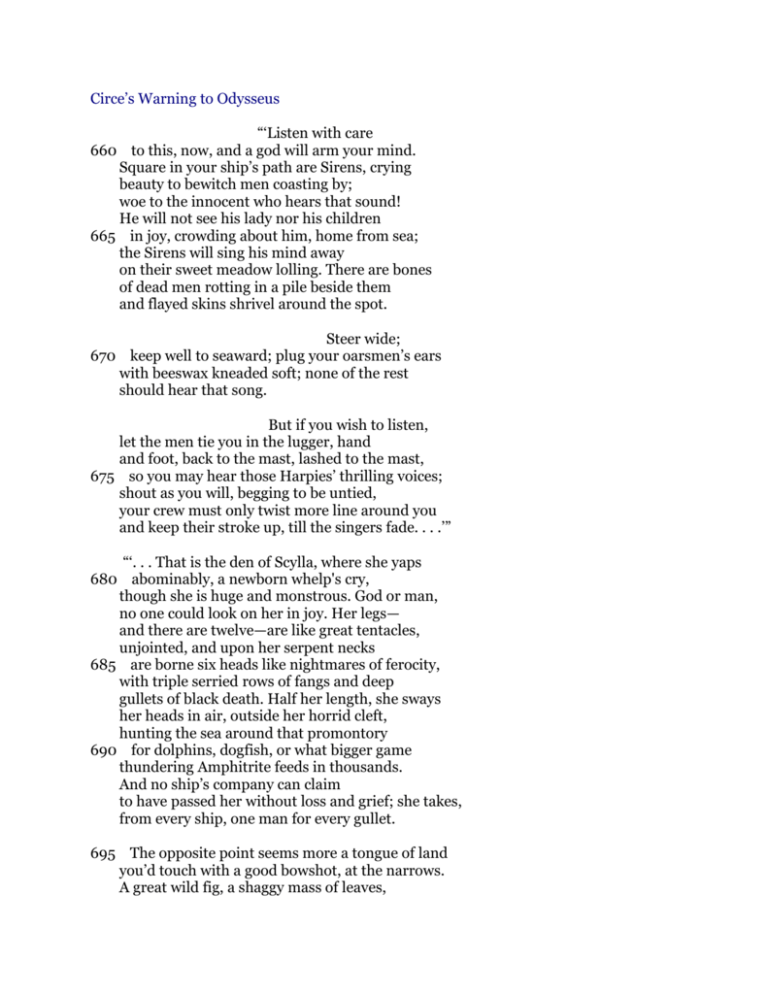
Circe’s Warning to Odysseus “‘Listen with care 660 to this, now, and a god will arm your mind. Square in your ship’s path are Sirens, crying beauty to bewitch men coasting by; woe to the innocent who hears that sound! He will not see his lady nor his children 665 in joy, crowding about him, home from sea; the Sirens will sing his mind away on their sweet meadow lolling. There are bones of dead men rotting in a pile beside them and flayed skins shrivel around the spot. Steer wide; 670 keep well to seaward; plug your oarsmen’s ears with beeswax kneaded soft; none of the rest should hear that song. But if you wish to listen, let the men tie you in the lugger, hand and foot, back to the mast, lashed to the mast, 675 so you may hear those Harpies’ thrilling voices; shout as you will, begging to be untied, your crew must only twist more line around you and keep their stroke up, till the singers fade. . . .’” “‘. . . That is the den of Scylla, where she yaps 680 abominably, a newborn whelp's cry, though she is huge and monstrous. God or man, no one could look on her in joy. Her legs— and there are twelve—are like great tentacles, unjointed, and upon her serpent necks 685 are borne six heads like nightmares of ferocity, with triple serried rows of fangs and deep gullets of black death. Half her length, she sways her heads in air, outside her horrid cleft, hunting the sea around that promontory 690 for dolphins, dogfish, or what bigger game thundering Amphitrite feeds in thousands. And no ship’s company can claim to have passed her without loss and grief; she takes, from every ship, one man for every gullet. 695 The opposite point seems more a tongue of land you’d touch with a good bowshot, at the narrows. A great wild fig, a shaggy mass of leaves, grows on it, and Charybdis lurks below to swallow down the dark sea tide. Three times 700 from dawn to dusk she spews it up and sucks it down again three times, a whirling maelstrom; if you come upon her then the god who makes earth tremble could not save you. No, hug the cliff of Scylla, take your ship 705 through on a racing stroke. Better to mourn six men than lose them all, and the ship, too. . . Then you will coast Thrinakia, the island where Helios’s cattle graze, fine herds, and flocks of goodly sheep. The herds and flocks are seven, with fifty beasts in each. 710 No lambs are dropped, or calves, and these fat cattle never die. . . . Now give those kine a wide berth, keep your thoughts intent upon your course for home, and hard seafaring brings you all to Ithaca. 715 But if you raid the beeves, I see destruction for ship and crew. . . .’”
